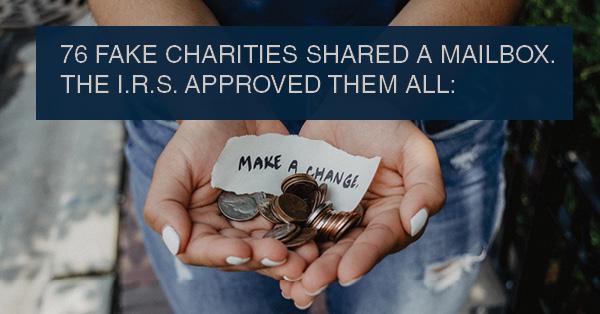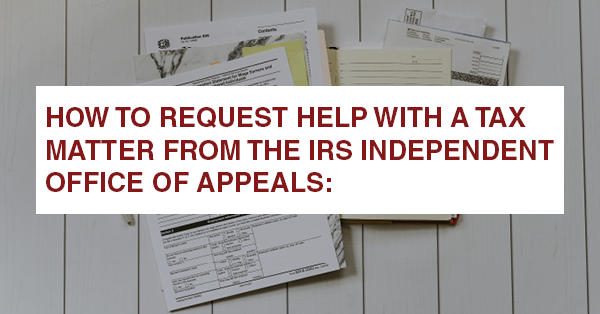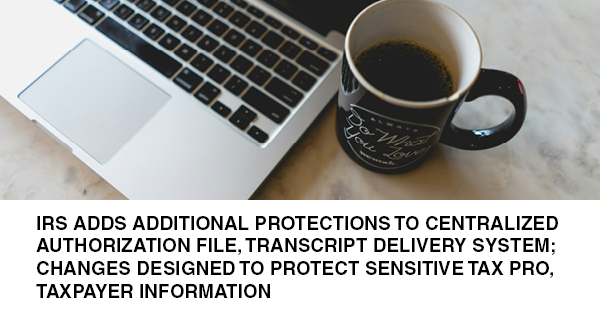76 FAKE CHARITIES SHARED A MAILBOX. THE I.R.S. APPROVED THEM ALL:

By David A. Fahrenthold, Troy Closson and Julie Tate
The New York Times, July 3, 2022
The “American Cancer Society of Michigan,” state authorities say, was a fake charity. And not even a good fake.
It was not in Michigan, for one thing. When the group applied to the Internal Revenue Service to become a tax-exempt nonprofit in 2020, it listed its address as a rented mailbox on Staten Island. It was not the American Cancer Society, either: In fact, the real American Cancer Society had already warned the I.R.S. that the leader of the sound-alike group, Ian Hosang, was running a fraud.
The I.R.S. approved the group anyway. Soon after, it also approved another operation run by Mr. Hosang: “the United Way of Ohio,” which was also registered to the Staten Island address.
Mr. Hosang, 63, is now accused by prosecutors in New York of operating a long-running charity fraud that has astounded nonprofit regulators and watchdogs — and raised concerns about the I.R.S.’s ability to serve as gatekeeper for the American charity system.
Not because the alleged scheme was so good.
Because it was terrible. And it worked.
Mr. Hosang — a convicted stock-market fraudster once accused of dangling a man out of a building — got the I.R.S. to approve 76 nonprofits, often despite glaring red flags of potential fraud. His operations stole the names of better-known charities. They claimed to be located where they obviously were not.
But the I.R.S. kept saying yes. And in doing so, the agency has attracted scrutiny of its new fast-track system for approving charities — an innovation implemented to deal with backlogs and budget cuts that now denies only one application in 2,400, according to agency statistics.
The agency declined to answer questions about Hosang's case, citing taxpayer privacy laws. It also declined to make officials available for in-person interviews, but it released a statement saying that the fast-track approval system "continues to reduce taxpayer burden and increase cost effectiveness of IRS operations."




